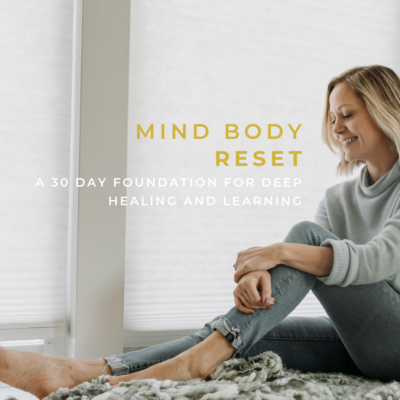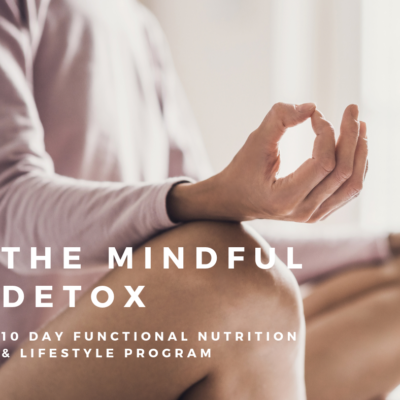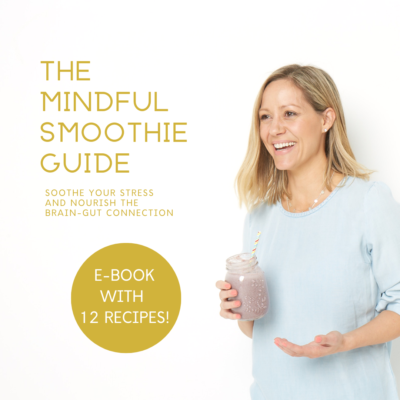We have been thinking about fats so wrong, for so many years, that when we go to talk about it, it’s a mountain of complex proportions.
Even Harvard Professors are confused. Recently coconut oil, which is a source of saturated fat, was reported as ‘pure poison’ by someone in a position of influence, and it’s mind boggling this can still happen.
The truth is scientists are human beings. They are vulnerable to bias, and to belief systems that are well, human.
I want you to know that nutrition science IS very complex, and remember this when you are listening to simplified headlines. The human body is NOT well understood. We are in no way modern masters of our biology, rather it’s more the opposite. A little bit of knowledge in the hands of mere science infants.
Some thought leaders like Peter Thiel have rightfully observed “We understand outer space better than we understand human nutrition.”
Don’t be put off by all the confusion. We need to use this to get curious.
In order to have an accurate conversation about a topic like fats, we need to stop and ask some questions.
Where is this science from? Who made it? What is it based on? When was it done? Is there any other science that contradicts this? Why? Why why why….
Science is about building on knowledge, and asking a lot of questions. One, or a few, research studies are never definitive.
In Thinking Fast and Slow Nobel-prize winning economic scientist Daniel Kahneman describes the many faults in the scientific method and our human flaws in thinking objectively. “A reliable way to make people believe in falsehoods is frequent repetition, because familiarity is not easily distinguished from truth. Authoritarian institutions and marketers have always known this fact.”
Saturated fat was wrongly vilified by flawed research that is still referenced in media, all based on the idea that saturated fat causes heart disease and clogs arteries. This is not true.
Cardiologist Dr. Aseem Malhotra smashes through the corruption in this great video response.
In short, here’s my view.
Coconut oil, avocado oil and olive oil are some of the healthiest fats, they are mono-unsaturated fats and come from fruit.
2. Butter, ghee, egg yolks, dairy and animal products are also healthy and nutritious and will help the body’s cells function well.
3. Saturated and mono-unsaturated fats are the best to use often, as they are more stable and less vulnerable to damage by heat and oxygen.
4. Vegetable, seed and ‘industrial oils’ are poly-unsaturated, unstable and toxic when heated and processed, they are causing mass disease by fuelling inflammation, heart disease and damaging our very cell structure.
5. Fats are important for conduction of messages by hormones and neurotransmitters in the body, they do not turn into body fat readily (that is more the role of sugar).
6. Fats do not damage arteries and raise unhealthy cholesterol, sugar and industrial oils do.
7. Omega 3 fatty acids are naturally present in foods containing other healthy fats, (fish, meat, eggs, dairy, nuts and seeds) and should not be consumed overly processed as they are the most fragile.
8. Omega 3’s only became such a big focus when we stopped eating healthy natural fats and started eating industrial oils and factory farming our animals, which depletes them from our food source.
If you are still curious to learn,
Even Harvard Professors are confused. Recently coconut oil, which is a source of saturated fat, was reported as ‘pure poison’ by someone in a position of influence, and it’s mind boggling this can still happen.
The truth is scientists are human beings. They are vulnerable to bias, and to belief systems that are well, human.
I want you to know that nutrition science IS very complex, and remember this when you are listening to simplified headlines. The human body is NOT well understood. We are in no way modern masters of our biology, rather it’s more the opposite. A little bit of knowledge in the hands of mere science infants.
Some thought leaders like Peter Thiel have rightfully observed “We understand outer space better than we understand human nutrition.”
Don’t be put off by all the confusion. We need to use this to get curious.
In order to have an accurate conversation about a topic like fats, we need to stop and ask some questions.
Where is this science from? Who made it? What is it based on? When was it done? Is there any other science that contradicts this? Why? Why why why….
Science is about building on knowledge, and asking a lot of questions. One, or a few, research studies are never definitive.
In Thinking Fast and Slow Nobel-prize winning economic scientist Daniel Kahneman describes the many faults in the scientific method and our human flaws in thinking objectively. “A reliable way to make people believe in falsehoods is frequent repetition, because familiarity is not easily distinguished from truth. Authoritarian institutions and marketers have always known this fact.”
Saturated fat was wrongly vilified by flawed research that is still referenced in media, all based on the idea that saturated fat causes heart disease and clogs arteries. This is not true.
Cardiologist Dr. Aseem Malhotra smashes through the corruption in this great video response.
In short, here’s my view.
Coconut oil, avocado oil and olive oil are some of the healthiest fats, they are mono-unsaturated fats and come from fruit.
2. Butter, ghee, egg yolks, dairy and animal products are also healthy and nutritious and will help the body’s cells function well.
3. Saturated and mono-unsaturated fats are the best to use often, as they are more stable and less vulnerable to damage by heat and oxygen.
4. Vegetable, seed and ‘industrial oils’ are poly-unsaturated, unstable and toxic when heated and processed, they are causing mass disease by fuelling inflammation, heart disease and damaging our very cell structure.
5. Fats are important for conduction of messages by hormones and neurotransmitters in the body, they do not turn into body fat readily (that is more the role of sugar).
6. Fats do not damage arteries and raise unhealthy cholesterol, sugar and industrial oils do.
7. Omega 3 fatty acids are naturally present in foods containing other healthy fats, (fish, meat, eggs, dairy, nuts and seeds) and should not be consumed overly processed as they are the most fragile.
8. Omega 3’s only became such a big focus when we stopped eating healthy natural fats and started eating industrial oils and factory farming our animals, which depletes them from our food source.
If you are still curious to learn,
Your re-education about fats, sugar and everything in between is in my opinion the single most important thing you can do to improve your health and longevity. In fact, I would go so far as to say that even if you think you are eating healthy, if you haven’t focused on updating your nutrition knowledge in the last 3 years, it’s likely there is still some left over beliefs that need rewiring.
Dr. Aseem Mahlotra asked for a retraction of the careless statement by the Harvard Professor. I would personally like to see a full retraction of all the previous dietary guidelines.
In the meantime, do find ways to continue your own health and nutrition education. You can work with me to learn how to find the middle ground of incorporating ketogenic eating principles and understand more about fats for health, in the upcoming The Mindful Detox
or the Mind Body Reset offers you in depth support program to rebalance your hormones and metabolism and get to the root cause of your symptoms.
Yours in shining health,
Sita Huber, BHSc (Nutritional Medicine)
Yours in shining health,
Sita Huber, BHSc (Nutritional Medicine)








